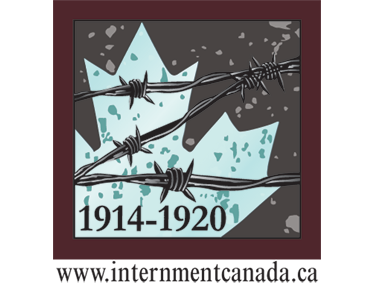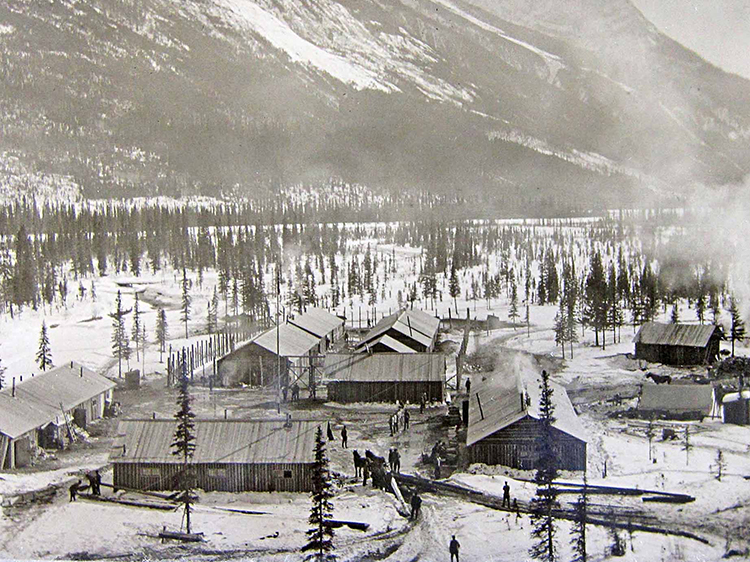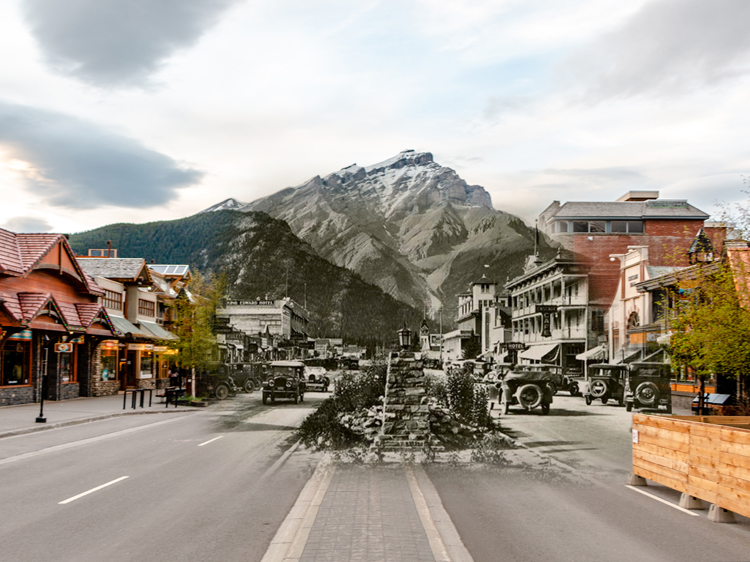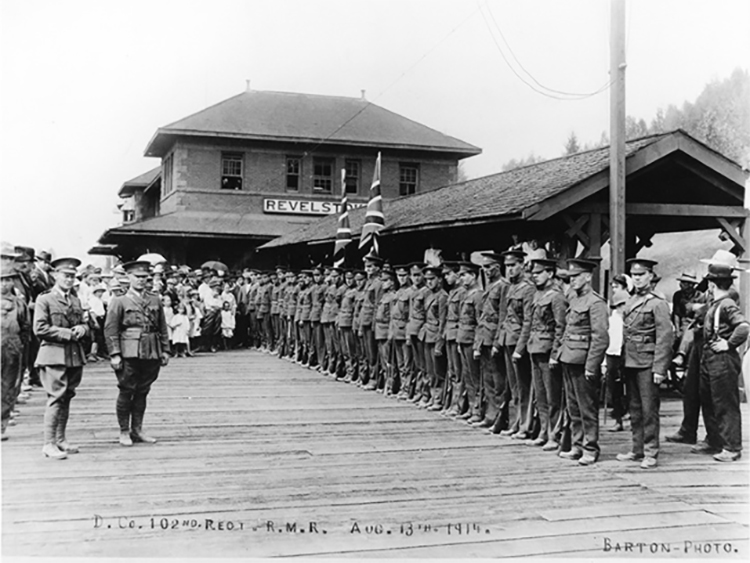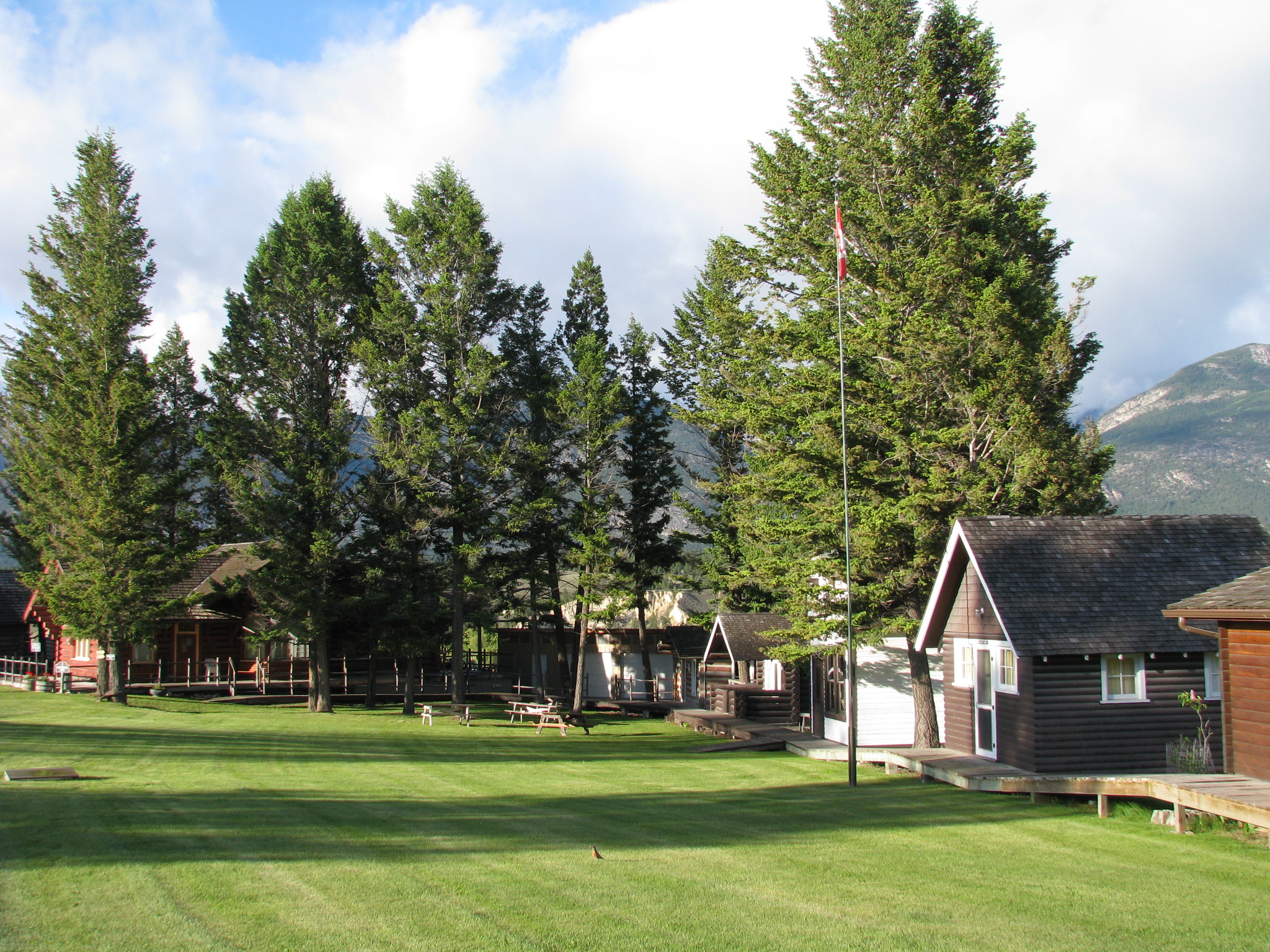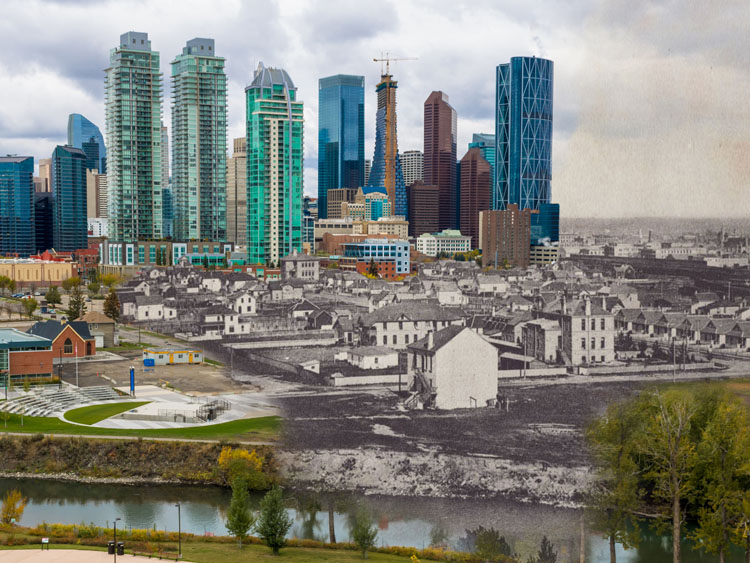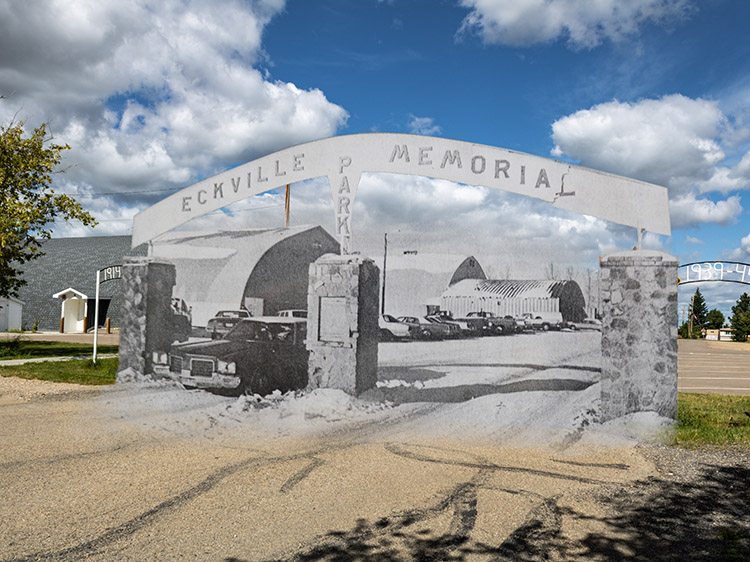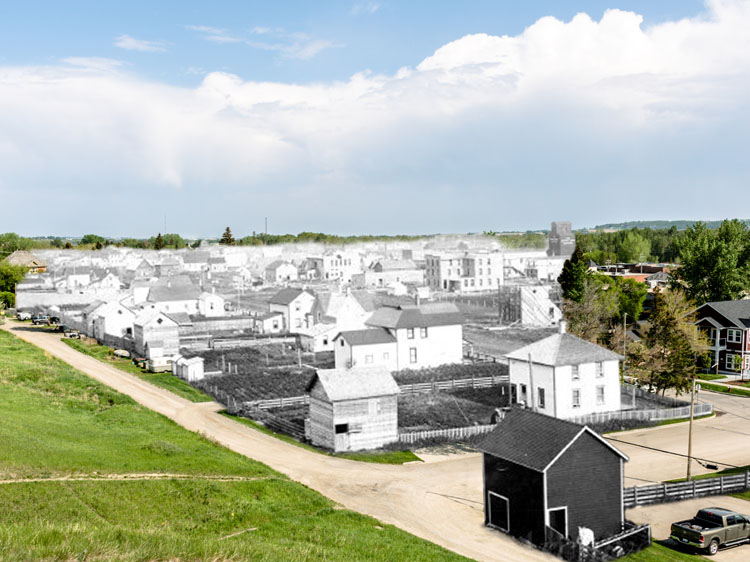The spectacular glacial lake of Lake Louise is widely renowned as one of the most picturesque locations in the world. The region had been inhabited by the Stoney Nakota First Nations since time immemorial. Lake Louise came to the attention of Europeans in 1884, as the Canadian Pacific Railway was built through the Kicking Horse Pass, and a railway worker construction camp was built nearby. The lake was originally named Lake Laggan, but later renamed after Princess Louise, daughter of Queen Victoria and wife of Canada's governor-general. The lake had been part of Banff National Park since 1892 and under federal jurisdiction. Today it is one of Canada's most popular tourist attractions, which sees millions of tourists visit by road every year. One of the first automobile roads to the lake was partially built by enemy alien internees during the First World War, who were forced to work in appalling conditions from a camp at nearby Castle Mountain.
This project has been made possible by a grant from the Endowment Council of the Canadian First World War Internment Recognition Fund.
Lake Louise is part of the Treaty 7 territory where we recognise oral practices of the Îyârhe Nakoda (Stoney Nakoda) – comprised of the Bearspaw, Chiniki, and Wesley First Nations – as well as the Tsuut'ina First Nation and the Blackfoot Confederacy comprised of the Siksika, Piikani, Kainai. This territory is home to the Shuswap Nations, Ktunaxa Nations, and Métis Nation of Alberta, Region 3. We acknowledge all Nations who live, work, and play here, help us steward this land, and honour and celebrate this place.
Donate Now
If you enjoyed this free content, we ask you to consider making a donation to the Canada-Ukraine Foundation, which is providing urgently needed humanitarian aid to Ukraine.
The Ukrainian people are heroically defending their homeland against a genocidal war of Russian aggression. The humanitarian situation is critical and the needs immense. 100% of all donations made through this link go directly to supporting the people of Ukraine. Recently funded initiatives by the Canada-Ukraine Foundation include demining and removal of unexploded ordnance, and the evacuation of thousands of deaf people from the warzone.


